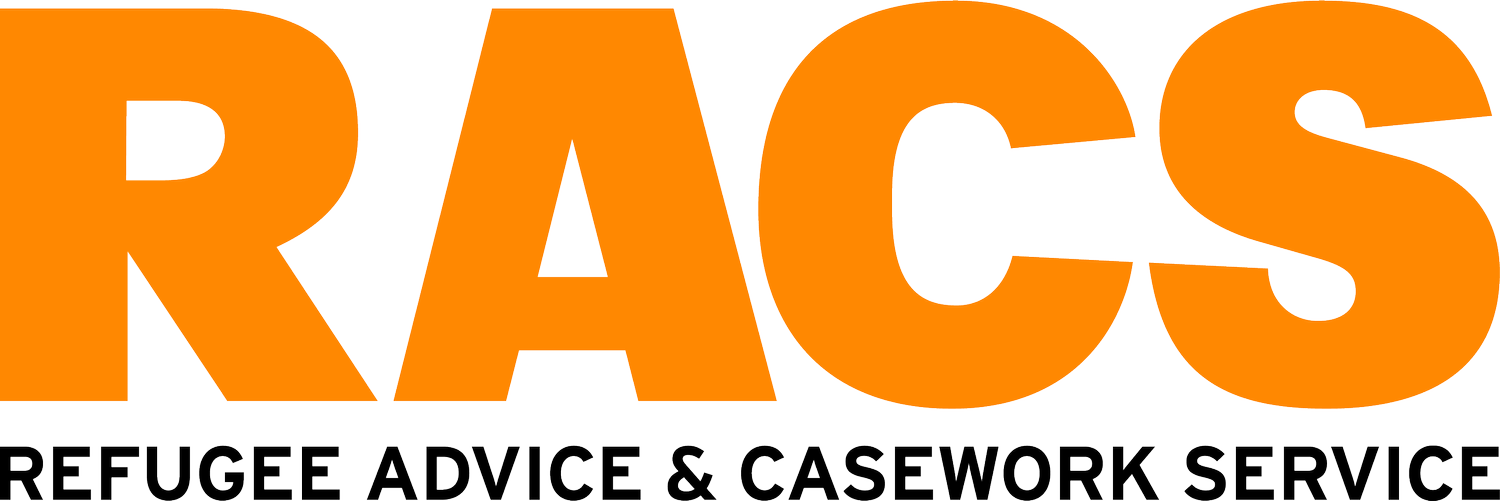Judith Neilson Foundation partners with RACS to help refugee and asylum seeker women
RACS is excited to announce a partnership with the Judith Neilson Foundation to ensure essential legal services for refugee and asylum seeker women in 2024. The Foundation will provide funding for RACS’s Women at Risk program, including specialised legal services, Department and Tribunal representation, a toolkit and advocacy.
Judith Neilson, Founder of the Judith Neilson Foundation, invests in organisations working to create a fairer society where everyone has equal opportunities to thrive.
Candice Van Doosselaere, Head of Australia Programs for the Judith Neilson Foundation, said:
“We’re really pleased to partner with RACS, supporting women seeking asylum in Australia with access to both legal assistance and the wraparound care they need. Their Women at Risk initiative helps women facing gender-based violence to navigate their legal challenges with confidence and dignity.”
RACS’s Women at Risk program helps people who identify as female, who have survived or fear sexual or gender-based violence, or family and domestic violence. Vulnerable refugee and asylum seeker women are disenfranchised and already traumatised from experiences in their home country. A range of factors make these women especially vulnerable and complicate their access to justice:
Many are reluctant to seek help due to a fear of police and government bodies from experiences in their home countries.
Many face language barriers and some lack literacy in any language.
Many have never held autonomy over their own affairs.
They fear that reporting domestic and family violence will have consequences for their protection visa applications or ability to remain in Australia. Often perpetrators threaten that if women seek help, they will be deported, punished, and disbelieved. They also fear that reporting could lead to separation from their children.
Refugee women may fear retaliation from community members and being ostracised for leaving the perpetrator, leaving them socially isolated without a support network.
Additionally, women on bridging visas are not eligible for Federal Government financial support and often have no other source of income. They have few rights, as they are not covered under the family violence provision. This means they frequently must choose between indefinite homelessness with no income or remaining with a violent partner. This can leave many additionally vulnerable in already perilous situations.
RACS’s Women at Risk program offers a safe, supportive space where women can discuss in confidence their visa and other legal concerns. The lawyers and staff on this program team are all women trained to provide trauma-informed legal services. Norton Rose Fulbright provide pro bono support, assisting Women at Risk clients with preparing their statements.
In the 2022-23 financial year, the program supported 129 women from 45 countries. This is an 85 percent increase over three years, indicating a significant need in the community for this specialised support.
Given the Foundation does not accept unsolicited funding proposals, RACS is particularly honoured to have been identified as a funding partner.
"Philanthropy plays a powerful role in keeping our doors and telephone lines open to the needs of refugees and people seeking asylum,” says Shauna Wolifson, RACS Head of Philanthropy.
“It’s exciting to see that the Judith Neilson Foundation’s values align with ours. The impact of this partnership on the lives of the women we serve will be felt for years and even generations to come.”
In addition to keeping legal services for vulnerable women going, funding from the Judith Neilson Foundation will produce a toolkit to provide sector-wide guidance on working with vulnerable refugee and asylum seeker women.
RACS looks forward to improving services and outcomes for many women through the Women at Risk program, thanks to this partnership with the Judith Neilson Foundation.
Learn more about our philanthropic and pro bono partners.
Learn more about RACS’s Women at Risk program. For a case study, see Aisha’s story.
